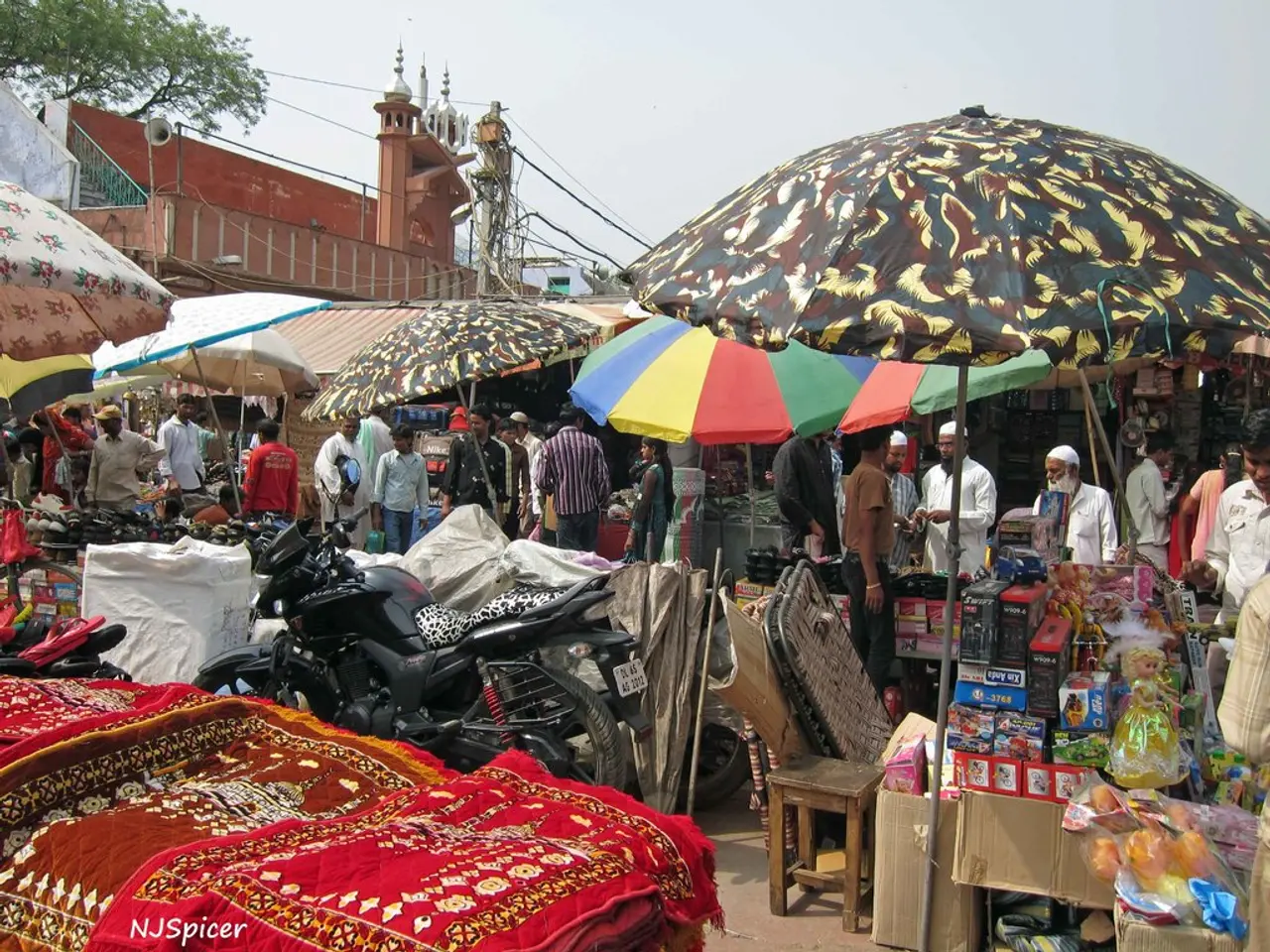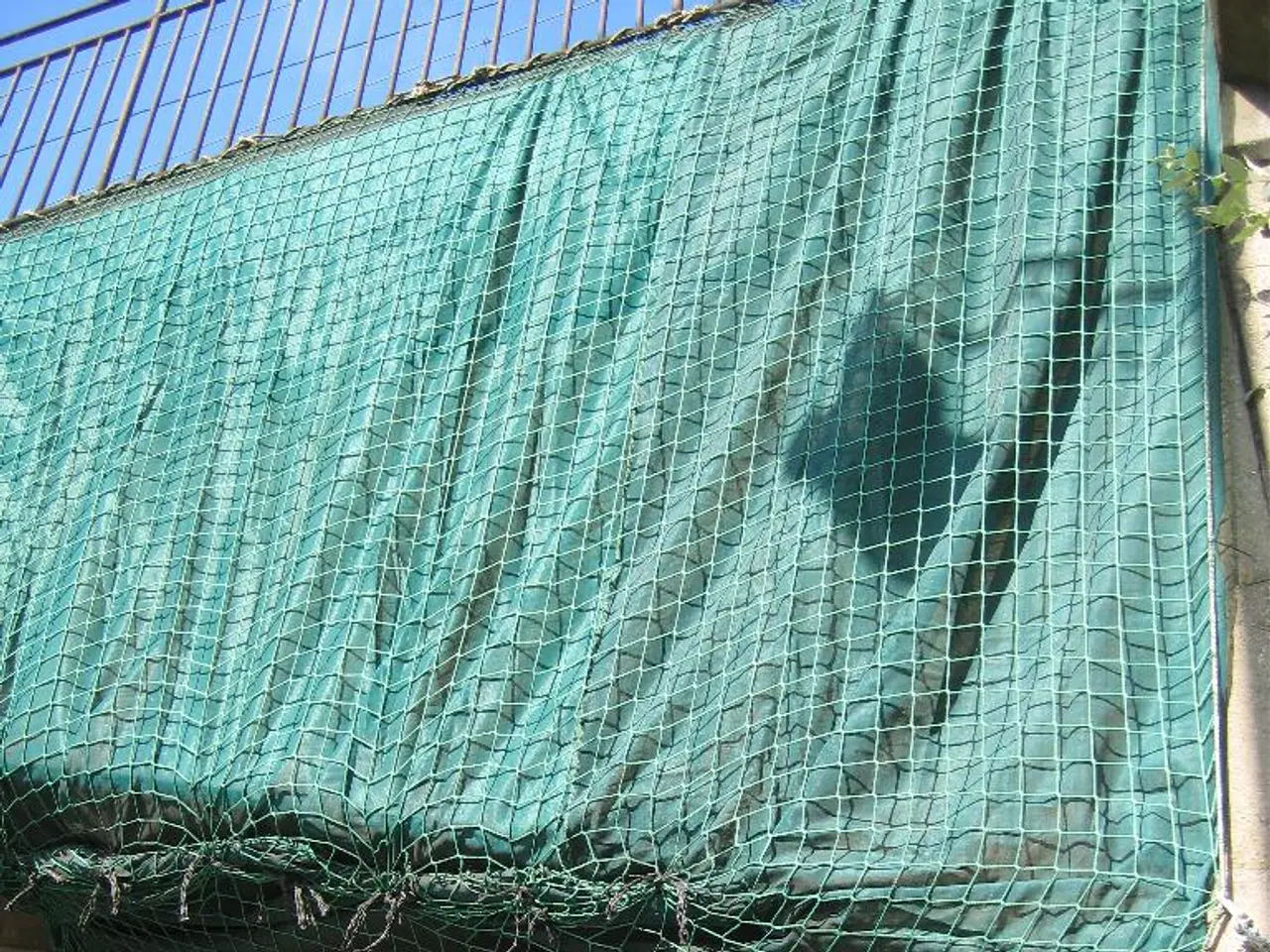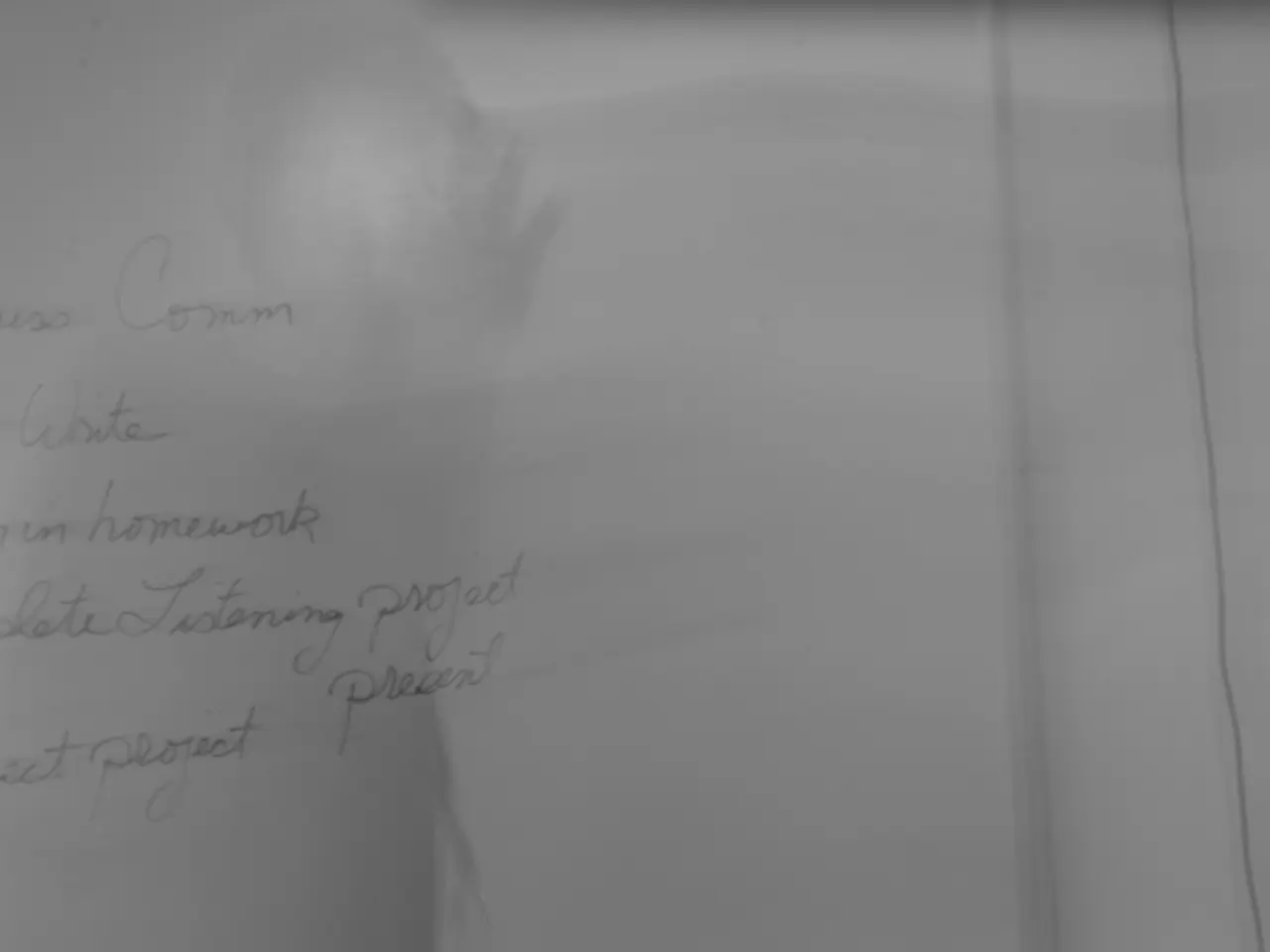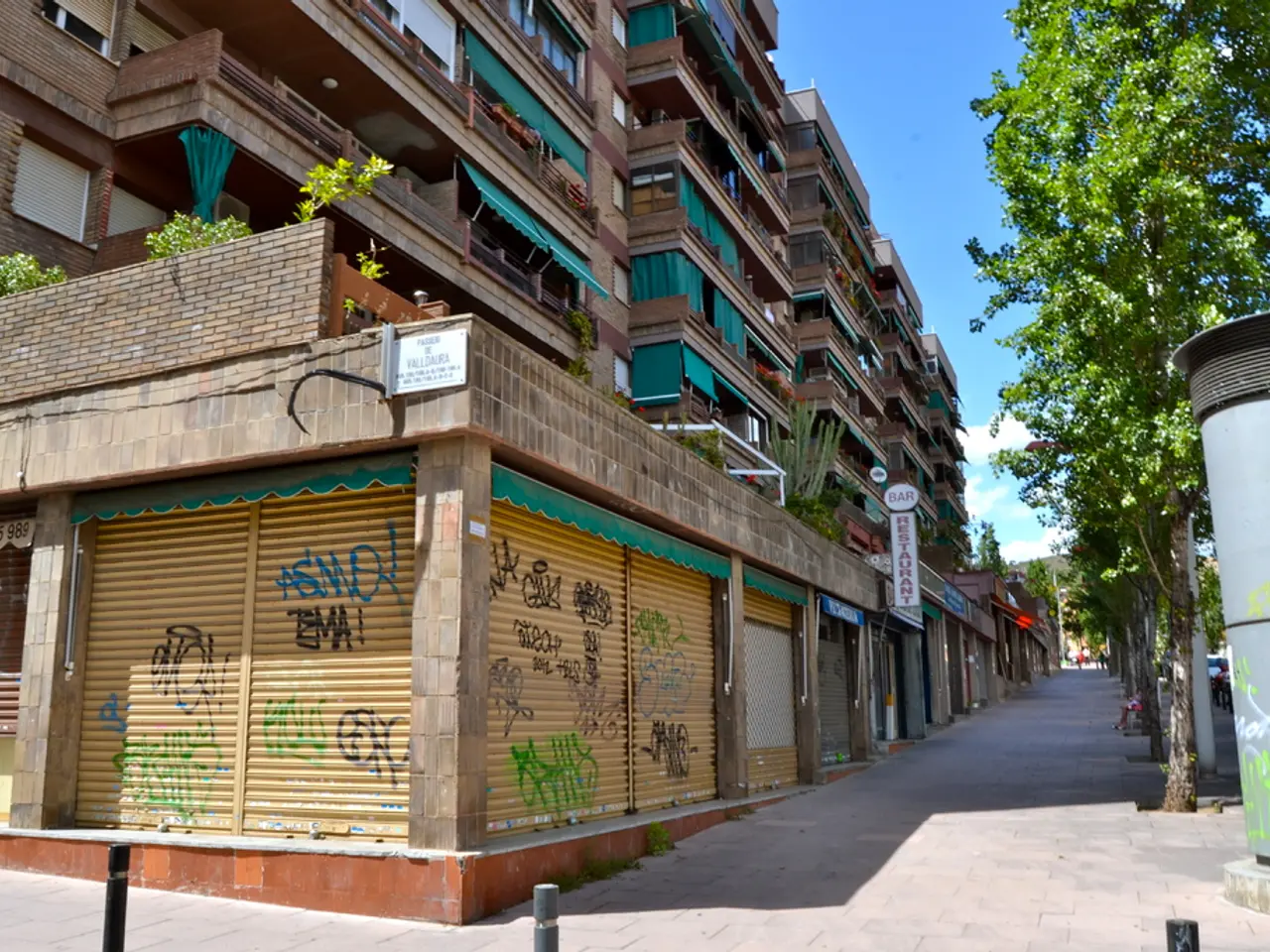Restoring Tarnished Reputations: Actions in Dubai
**Middle East Financial Crises: A Look at Dubai World and Saudi Family Conglomerates**
In the late 2000s and early 2010s, the Middle East faced a series of financial crises that had significant impacts on international banking's perception of the region's economic strength. Two notable events were the debt crisis at Dubai World and the financial troubles faced by certain Saudi family conglomerates.
**Dubai World's Debt Crisis (2009-2011)**
Dubai World, a government-owned investment vehicle, requested a six-month moratorium on $26 billion of debt in 2009, sparking fears of sovereign default and contagion across the Gulf Cooperation Council (GCC) financial markets. The crisis led to credit rating downgrades, a spike in credit default swap (CDS) spreads, and a test of confidence in Dubai’s and the wider region’s financial stability.
However, with timely intervention and restructuring, as well as support from Abu Dhabi, Dubai World successfully restructured its debt, partially restoring investor confidence. The crisis highlighted risks associated with state-linked corporate borrowing and insufficient transparency but demonstrated the region's resilience and ability to adapt.
**Saudi Family Conglomerates and Debt Issues**
Less publicized than Dubai World, certain Saudi family-owned conglomerates have faced debt restructuring challenges, underscoring vulnerabilities within the non-oil private sector. These events, sometimes involving billions in liabilities, have temporarily dampened the appetite of international banks for new lending or investment in the region.
**Impact on International Banking Confidence**
The Dubai World crisis and similar cases led to short-term volatility in Gulf markets, with heightened risk premiums for regional debt. International banks and investors became more cautious about exposure to Gulf corporate and sovereign borrowers for a period following these events.
These scandals reinforced perceptions of heightened risks within the region’s business environment, including governance, transparency, and state support assumptions. However, the region has demonstrated considerable resilience, with continued economic reforms, the push for greater banking sector transparency, and the robust growth of Islamic finance.
**Summary Table**
| Event/Issue | Immediate Impact | Long-Term Effect on Confidence | |----------------------------|--------------------------------------|-----------------------------------------------| | Dubai World Debt Crisis | Sharp market volatility, downgrades | Restored confidence after restructuring | | Saudi Conglomerate Debts | Private sector liquidity concerns | Ongoing reforms, selective caution by banks | | Regional Resilience | Short-term caution, risk re-pricing | Strong Islamic finance, new investment flows |
**Conclusion**
While the debt scandals of Dubai World and certain Saudi family conglomerates temporarily shook international banking confidence and exposed weaknesses in transparency and corporate governance, the region has shown an ability to recover and adapt. Continued reforms, diversification, and the robust growth of Islamic and sustainable finance have helped to rebuild faith in the Middle East’s economic strength among international banks. However, memories of these episodes continue to inform a cautious, selective approach by some international investors.
- The Dubai World debt crisis and similar events in certain Saudi family conglomerates, such as the restructuring challenges they faced, have led to a cautious approach by international banks in providing new financing or investment within the region, due to perceived risks in the business environment, governance, and transparency.
- Timely restructuring efforts, like those taken by Dubai World, have partially restored investor confidence in the Middle East's financial industry; however, the robust growth of emerging sectors like Islamic finance and continued economic reforms are essential for rebuilding long-term confidence in the region's overall economic strength.




